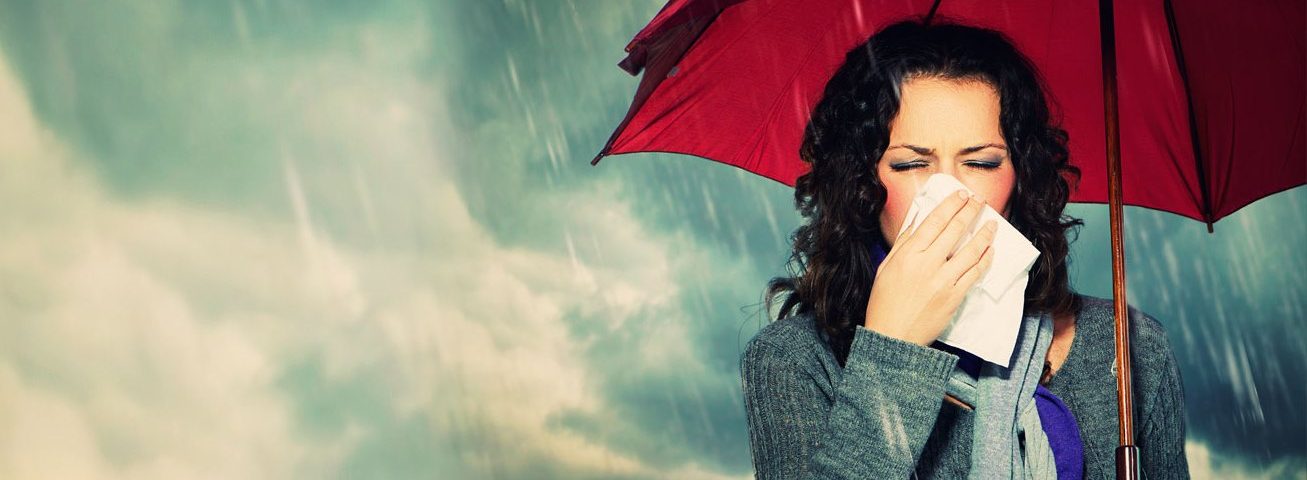People’s immunity weakens during the monsoon, so coronavirus is more likely to spread this season. The monsoon season is going to start soon. In such a situation, it is being claimed by many scientists that there is a possibility of increasing infection of coronavirus due to moisture. Especially in metros where the number of coronavirus patients is high, there is a need to be more careful in such places (Coronavirus and Monsoon). In view of the increasing threat in the monsoon, I am going to tell you how can you protect yourself from coronavirus risk during the monsoon.
Protect Yourself From Coronavirus Risk May Increase With Monsoon
According to Xperts, people should avoid getting wet by rain during the monsoon. If someone has a cold, keep two yards away from that person. Also, change your mask regularly, because rain and viruses (Coronavirus and Monsoon) grow quickly. Apart from this, you have to take many precautions that can protect yourself from coronavirus risk during the monsoon.
Hygiene
Hygiene should be taken special care in the monsoon. Wash your hands thoroughly before eating. If you get more sneeze and cough during monsoon, keep tissue paper with you. With this, as soon as the sneeze and cough come, immediately go to the washroom and wash hands. Staying hygiene is the best way to protect yourself from coronavirus risk.
Read More: 5 Ways Nutrition Can Help Immune System Fight off the Coronavirus
Make the Respiratory System Strong
Due to the lockdown, you are spending more time at your house. In such a situation, make your home environment free of bacteria. Maintain the indoor air quality of the home ie IAQ. Keep in mind that do not put fungus or moss anywhere in your house. Moisture increases due to moss or fungus in the house, which makes it more likely to spread the infection.
According to experts, due to rain, dust in the surrounding environment and air is reduced. At such times, pollution is less and it reduces the risk of suffering from respiratory disease.
Keep Drinking Water / Kadha
Many people think that there is a problem of dehydration in the summer season, but tell you that you need to hydrate your body even during the monsoon. In the monsoon, keep drinking water frequently. This will make you feel healthy and will also prevent disease. Along with this, make tea or Kadha of Ginger, Cinnamon, Jaggery or Honey, Black Pepper, Large Cardamom, Cloves, Peeple, Giloy, etc. Kadha is a healthy way to protect yourself from coronavirus risk or any type of infection.
Eat Home Made Food
Avoid eating outside during the monsoon season. In the meantime, eat food that enhances your immunity. Eating outside in the rain may be unhygienic. Also, do not eat already cut fruits and vegetables at all. Always wash and eat fruits and vegetables.
Read More: Monsoon Foods To Avoid in Your Diet – Eat Healthy, Stay Healthy
Do Not Allow Moisture on the Surface
Moisture is very high due to rain. In this case, protect the surfaces of your houses from getting moist. Because it deteriorates air quality. During the monsoon, chemical and biological activity occur due to increased moisture in furniture and any household items. This can increase the likelihood of air contamination. Before the rain starts in the house, check that there is no leakage of water from the roof, because it is more likely to germinate. Keep the air conditioner filter cleaned in between. Do not smoke indoors Along with this, keep shoes and shoes out of the house.
Take Care of Adequate Ventilation
During the monsoon season, the house should get sufficient sunlight. So open the windows of your house as soon as the sunsets. This will keep the air inside the house pure. Also, the moisture in the house will also be away.
“Guys, your life is precious, so take care of yourself from this pandemic with the safety tips. Stay home, Stay safe! We will definitely win this war by applying safety tips. If you have any safety tips, you can share your knowledge and experience with us.”


